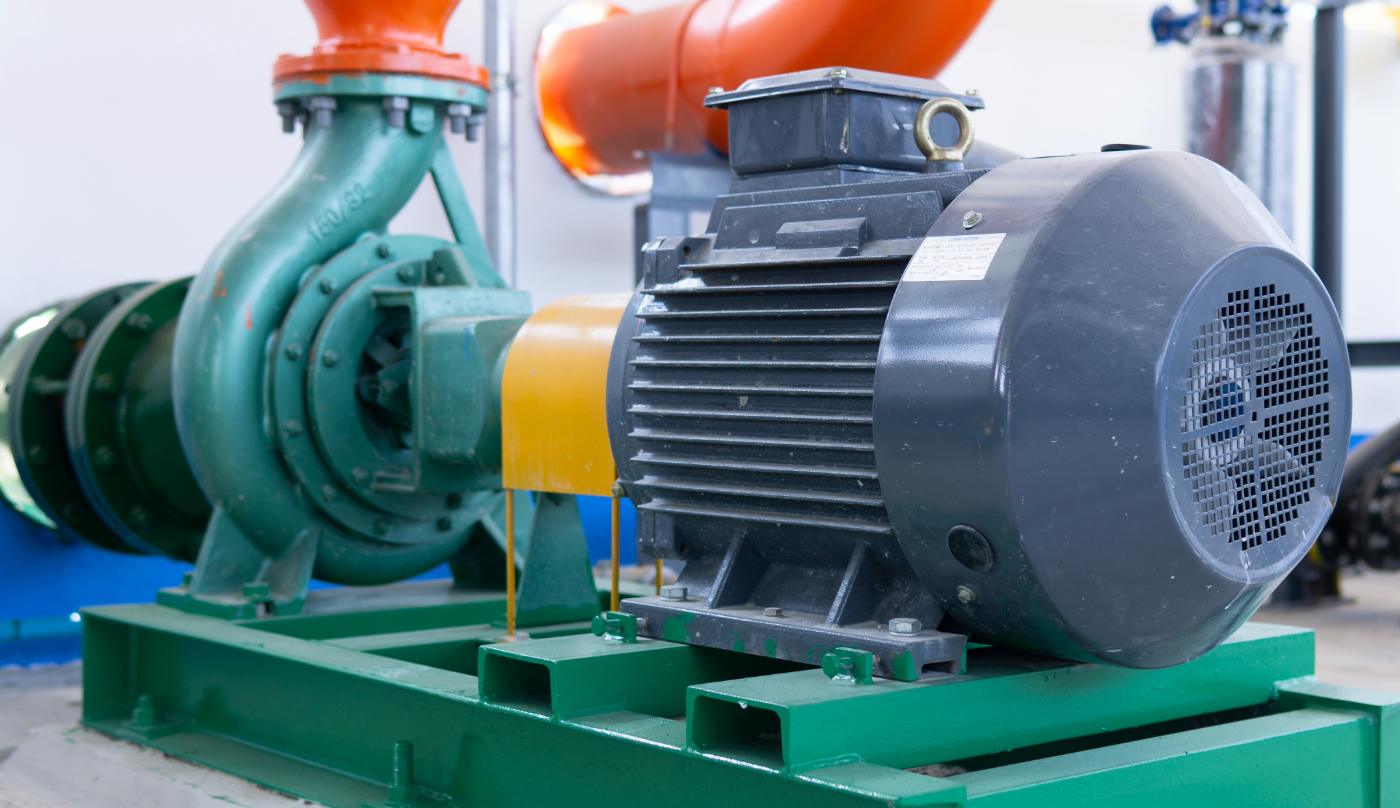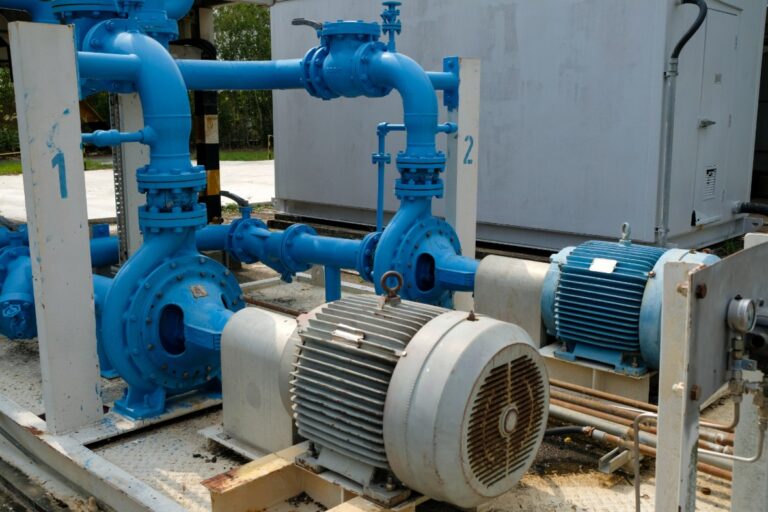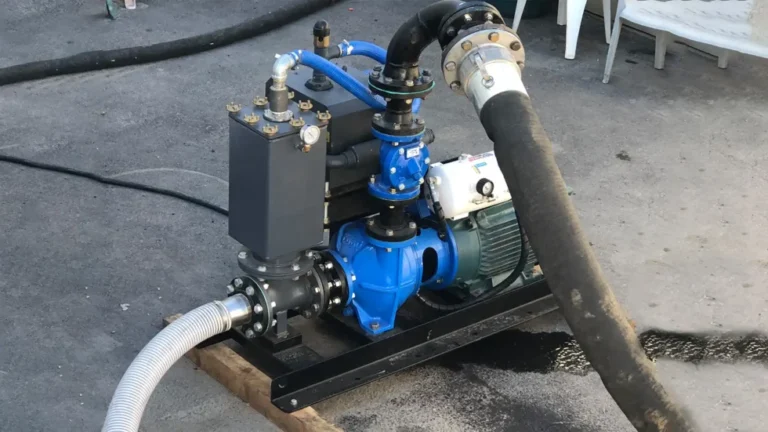Slurry pumps play a crucial role in high-demand industries, including mining, dredging, wastewater treatment, and heavy construction. These powerful pumps are designed to handle abrasive, solids-laden fluids that would damage conventional pumping equipment. Whether it’s transporting tailings in a mining operation, dewatering a flooded excavation site, or managing sludge in wastewater facilities, slurry pumps are essential for maintaining productivity and minimizing downtime.
One of the most important decisions for operations managers and procurement teams is whether to invest in permanent pump infrastructure or opt for a slurry pump rental. While purchasing offers long-term control and customization, renting can provide cost-effective, flexible access to advanced pumping systems, especially for short-term or project-based applications. This decision is even more significant when considering specialized equipment like hydraulic slurry pump rental, which is commonly used in remote locations or where high head and mobility are critical.
Choosing between buying and renting a slurry pump has far-reaching implications for project efficiency, cash flow, and deployment logistics. For those searching “slurry pump rental near me,” local access to equipment and technical support can further simplify operations and reduce lead times. Evaluating your specific project scope and duration is the first step toward selecting the right pumping solution that aligns with both your budget and operational requirements.
Understanding Slurry Pumps and Their Industrial Uses
Slurry pumps are heavy-duty pumps engineered to transport fluid mixtures containing solid particles, typically slurries made of water, sand, gravel, mud, or industrial waste. Unlike standard water pumps, slurry pumps are designed with wear-resistant components, such as high-chrome impellers and thick liners, to handle the extreme abrasiveness and viscosity of slurry materials.
Industries like mining, dredging, tunneling, wastewater treatment, and oil and gas depend heavily on slurry pumps for tasks such as:
- Tailings and overburden transport in mining
- Sediment removal during dredging operations
- Waste sludge handling in municipal and industrial facilities
- Trench dewatering and site drainage in construction
Several types of slurry pumps are available depending on the application, including submersible, horizontal centrifugal, and hydraulic slurry pumps. Hydraulic slurry pump rental is especially popular for remote job sites or locations lacking reliable electrical infrastructure, as these pumps can be powered by diesel engines or the hydraulics of heavy machinery, offering strong performance in mobile setups.
Whether your operation requires mobility, depth, or a high flow rate, renting allows you to match the pump to the job without a long-term commitment. Searching for slurry pump rental near me offers access to a broad inventory of pump sizes and types, helping you find exactly what you need—fast. Understanding your application requirements is crucial for choosing the right pump type and determining whether to rent or buy.
Benefits of Slurry Pump Rental
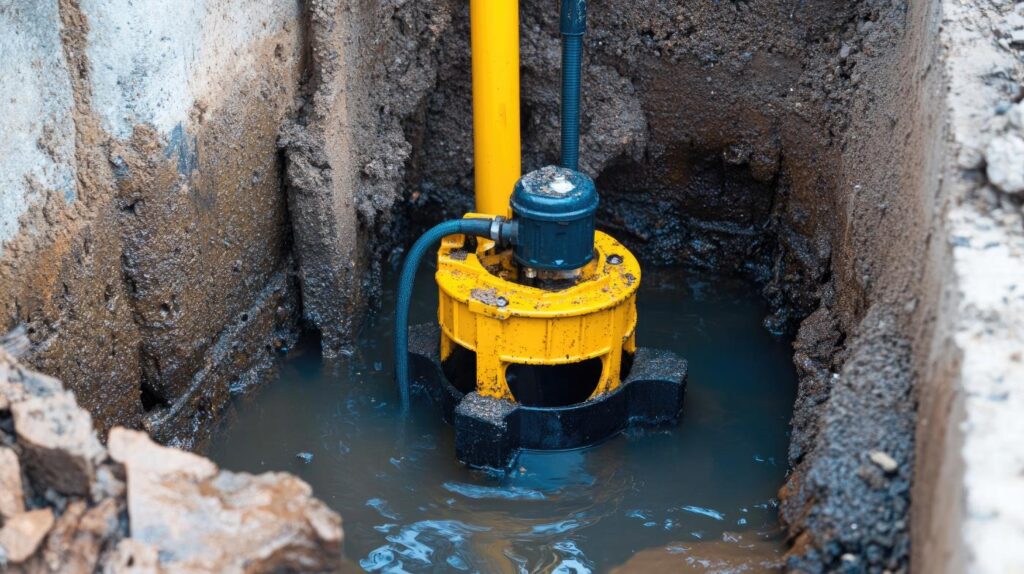
Opting for a slurry pump rental can offer immediate and strategic advantages, particularly for projects with temporary, seasonal, or unpredictable demands. Renting gives project managers the flexibility to respond to changing jobsite requirements without committing to the high upfront investment and long-term maintenance that come with purchasing equipment.
Lower Upfront Costs and Improved Cash Flow
One of the most significant advantages of slurry pump rental is avoiding the large capital expense of purchasing a pump. Renting allows companies to preserve cash flow and allocate resources toward other critical aspects of a project, such as labor, logistics, or infrastructure development.
Flexibility for Short-Term or Emergency Projects
When a job arises suddenly, such as a flood response or emergency dredging, a rental gives you quick access to equipment, without the delays associated with procurement or installation. If you’re working on a one-time or seasonal job, slurry pump rental provides the perfect stopgap solution.
Access to Advanced Equipment Without Ownership Burden
Rental providers often maintain fleets that include the latest models, including high-performance options like hydraulic slurry pump rental units. These advanced systems are maintained to high standards, ensuring efficiency and reliability without the burden of in-house servicing.
Streamlined Logistics and Local Availability
Searching “slurry pump rental near me” typically leads to local or regional suppliers who can deliver equipment quickly and offer on-site support. This minimizes downtime, reduces transport costs, and ensures rapid response in case of troubleshooting needs or equipment swaps.
No Long-Term Maintenance Responsibilities
When you rent, the provider handles maintenance and repairs. This significantly reduces the need for in-house technicians, spare parts inventory, and unplanned downtime. You’re not just renting equipment—you’re also renting peace of mind.
When to Consider Purchasing a Slurry Pump
While slurry pump rental is ideal for short-term and project-specific needs, there are many scenarios where purchasing a slurry pump is the more cost-effective and operationally sound option. For businesses with ongoing or recurring needs, owning the equipment can deliver long-term value, operational control, and a greater return on investment (ROI).
Cost-Efficiency for Long-Term Use
If your operation uses slurry pumps daily or across multiple projects each year, buying a pump may become more cost-efficient than repeated rentals. The initial investment can be amortized over the pump’s lifespan, reducing per-project costs and improving asset value.
Greater Control Over Equipment Availability
Owning a slurry pump eliminates dependency on rental fleet availability. For mission-critical applications, such as continuous tailings transport in mining or sludge movement in wastewater facilities, having your equipment ensures it’s always ready when needed.
Customization for Specialized Operations
When project needs are highly specific, a purchased unit can be customized for slurry type, flow rate, wear resistance, and integration into existing systems. Unlike generic rental models, owned equipment can be fully tailored to your process.
Enhanced Reliability and Maintenance Oversight
While slurry pump rental typically includes service and support, ownership allows you to build internal maintenance schedules and reliability protocols. This can lead to better performance tracking and equipment longevity over time.
Ideal for Remote or Logistically Challenging Sites
In isolated job sites where frequent transportation of rental units is difficult, ownership eliminates logistical delays and repeated setup costs. Even in cases where hydraulic slurry pump rental would normally be suitable, a dedicated in-house system may offer better long-term efficiency.
Cost Comparison: Rental vs. Ownership
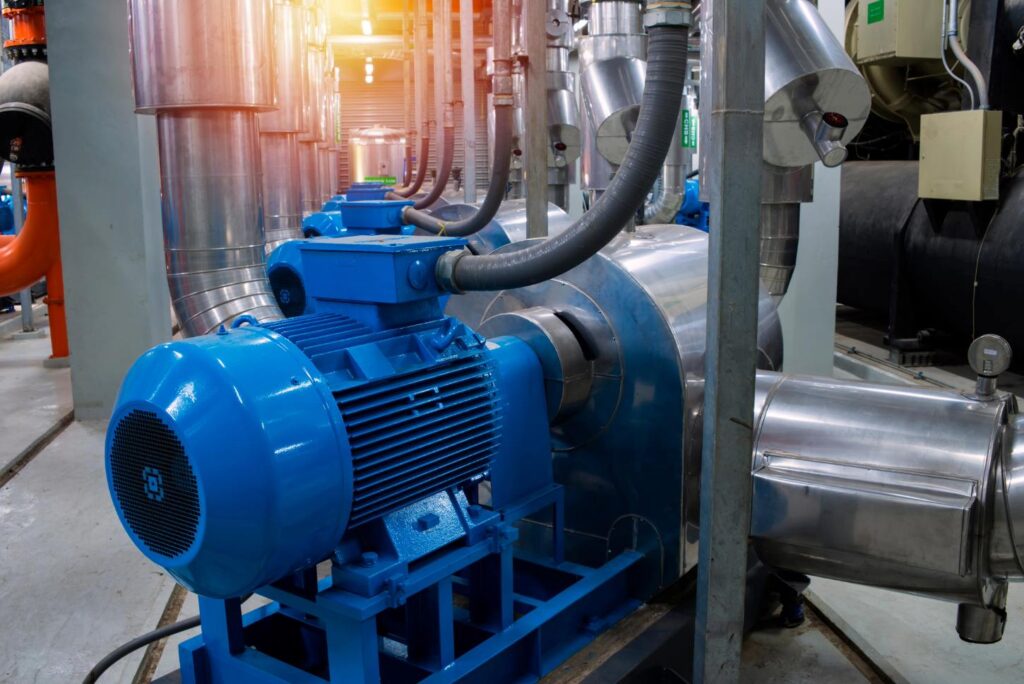
When deciding between renting a slurry pump and purchasing it outright, cost is often the deciding factor. However, understanding the full financial picture involves more than comparing rental rates to purchase prices. It’s essential to consider long-term value, hidden expenses, and the nature of your operation.
Upfront Investment vs. Pay-As-You-Go
Purchasing a slurry pump involves a significant initial capital investment. For companies with long-term projects and reliable usage forecasts, this can be a cost-effective option. On the other hand, slurry pump rental allows for pay-as-you-go pricing, which is ideal for businesses that prefer to conserve capital or don’t need the pump year-round.
Maintenance, Repairs, and Downtime
Ownership includes the responsibility for all maintenance, wear parts, and repairs. These costs can add up over time, especially for high-wear equipment like slurry pumps. Rental agreements, however, typically include service and support, reducing unexpected repair expenses. When renting, especially with hydraulic slurry pump rentals, the equipment is usually maintained to high-performance standards by the provider.
Storage and Transportation
Owned equipment requires secure storage, regular inspections, and transport logistics between job sites. These are often overlooked costs that can impact the total cost of ownership. Searching “slurry pump rental near me” offers a local alternative with reduced transport fees and minimal storage needs between uses.
Utilization Rate and ROI
If a slurry pump will be used consistently across multiple projects or sites, purchasing often yields a higher return on investment over time. But for intermittent usage, slurry pump rental can prevent underutilization, ensuring you only pay when the equipment is actively contributing to your operations.
Financial Flexibility and Budget Planning
Rentals are typically easier to fit into project-based or short-term budgets. They can be billed weekly or monthly, providing more predictable cash flow and less pressure on long-term capital expenditure approvals.
Maintenance and Support Considerations
Maintenance plays a crucial role in the performance of slurry pumps, whether the equipment is rented or owned. Downtime, repair costs, and support availability can directly affect project timelines and budgets. The decision between renting a slurry pump and purchasing one often hinges on how much control and responsibility you’re willing to take on for ongoing maintenance.
Maintenance Responsibility: Provider vs. Owner
When you rent a slurry pump, the supplier typically handles maintenance. This includes routine inspections, repairs, and part replacements, meaning fewer internal resources are needed to manage the equipment. Whether it’s a standard pump or a hydraulic slurry pump rental, rental providers generally ensure units are in top working condition before delivery and offer fast support if issues arise.
In contrast, purchasing a pump places full responsibility on your team. While this allows you to set your service intervals and choose OEM parts, it also requires skilled technicians, specialized tools, and an inventory of critical spare parts.
Reduced Downtime with Rental Agreements
Rental partners often offer rapid replacement services in case of equipment failure, minimizing costly downtime. For emergency dewatering or high-pressure applications, quickly sourcing a slurry pump rental near you can save valuable time and prevent project delays.
Technical Support and Troubleshooting
Another major benefit of renting is access to experienced support teams who understand the equipment inside and out. From initial setup to performance tuning, these teams provide expertise that helps you maximize output and avoid damage.
Long-Term Planning and Wear Management
With ownership, long-term wear monitoring becomes your responsibility. Pumps used in abrasive environments require proactive planning to avoid premature failure. If your team lacks the bandwidth or expertise for ongoing monitoring, a rental provider’s built-in maintenance program can provide significant value.
Project Type and Duration: Matching Your Decision to Your Needs
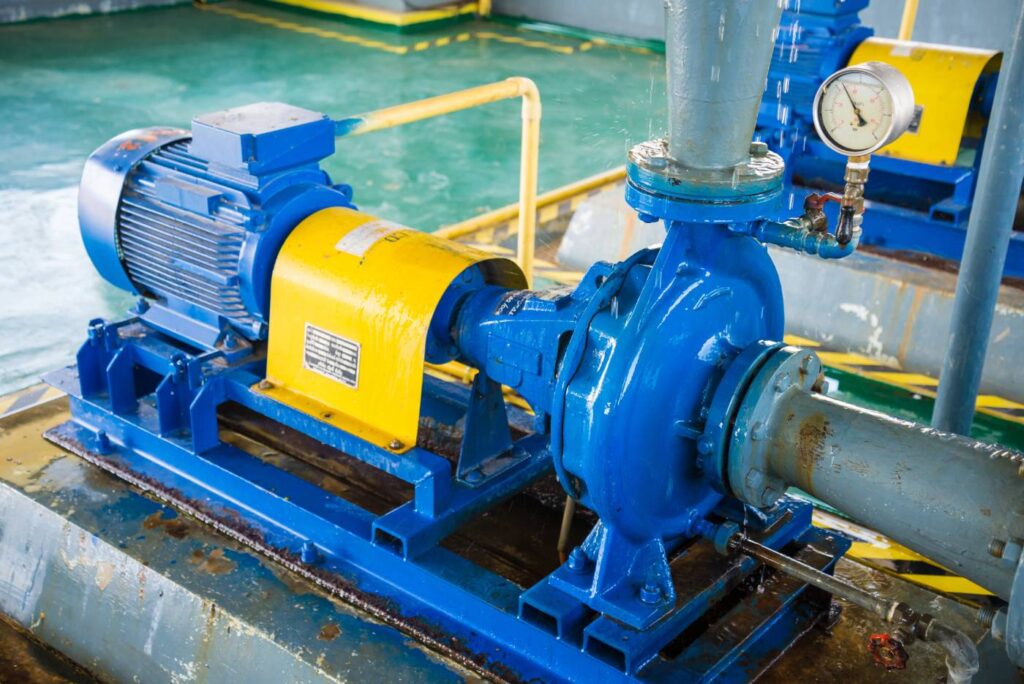
Not every project demands long-term equipment ownership. The nature and length of your project are crucial factors when deciding between slurry pump rental and purchase. Matching your pump strategy to your operational needs ensures both cost-effectiveness and performance reliability.
Short-Term and Seasonal Projects
For temporary jobs, such as emergency dewatering, flood response, or short-term dredging, renting a slurry pump is often the best choice. It allows immediate access to equipment without the financial and logistical burden of ownership. In cases where high-pressure or mobile pumping is required, hydraulic slurry pump rental offers an excellent solution for rapid deployment and powerful performance in challenging conditions.
One-Time or Experimental Applications
When you’re exploring a new process, pilot project, or trial site, renting allows you to test pump performance without making a purchase commitment. If the job site conditions are unpredictable, a rental also offers flexibility to swap out pumps if specs need to change mid-project.
Long-Term and Continuous Operations
For operations that rely on consistent pumping, g—such as ongoing mining, wastewater management, or large infrastructure development, purchasing a slurry pump makes sense. It provides more control over system integration, maintenance scheduling, and long-term cost management.
Mobile and Remote Site Conditions
If your work involves moving from site to site or operating in remote locations, hydraulic slurry pump rental offers flexible options that are easier to mobilize. Additionally, searching for “slurry pump rental near me” ensures that your equipment is supported locally, with faster delivery and minimal downtime between projects.
Matching Pump Type to Project Scale
Large-scale dredging or tailings operations may require high-volume pumps, while confined excavation projects may need compact, portable units. Rental fleets often provide a variety of models that can be matched to exact project needs—an advantage not always feasible with owned equipment.
Environmental and Logistical Flexibility
Environmental compliance and job site logistics are key considerations when deciding between renting a slurry pump and owning one. Each option presents unique advantages, depending on how quickly equipment needs to be deployed, how it is maintained, and how well it aligns with environmental regulations and on-site constraints.
Up-to-Date Equipment for Environmental Compliance
Rental providers regularly update their fleets to meet current industry and environmental standards. By choosing slurry pump rental, you gain access to newer pumps that often feature lower emissions, better containment systems, and quieter operation. This is especially important for jobs in urban areas or environmentally sensitive zones, where outdated equipment could pose a risk.
Reduced Emissions and Transport Impact
Opting for local equipment providers by searching “slurry pump rental near me” helps reduce transport-related emissions and speeds up delivery. Many rental services include environmentally responsible logistics, ensuring that your project not only meets deadlines but also aligns with sustainability goals.
Simplified Logistics in Remote or Confined Sites
In projects where site access is restricted, such as tunnels, remote mines, or coastal dredging areas, renting a hydraulic slurry pump provides the flexibility to deploy powerful, mobile units without relying on large electrical infrastructure. These compact, high-pressure systems are easier to maneuver and install in locations that would be challenging for permanently installed pumps.
Lower Risk of On-Site Equipment Obsolescence
Regulations and job requirements can shift quickly. By renting instead of buying, you’re not locked into equipment that could become outdated. If your project scope changes or new environmental guidelines emerge, a slurry pump rental allows you to adapt without needing to reinvest in new capital equipment.
How to Evaluate the Right Supplier for Slurry Pump Rental
Choosing the right provider for your slurry pump rental can make or break your project’s efficiency, safety, and uptime. Whether you’re sourcing equipment for a one-off job or a recurring need, the rental partner you choose should offer more than just availability—they should deliver reliability, technical expertise, and responsive service.
Key Qualities of a Reliable Rental Partner
- Fleet Quality and Range: A good supplier should offer a diverse inventory, including electric, diesel, and hydraulic slurry pump rental options. Pumps should be well-maintained, performance-tested, and available in multiple sizes and configurations.
- Support and Technical Guidance: Look for providers that offer application-specific consultation, setup assistance, and ongoing support. Experienced suppliers will help you choose the right model and ensure it performs at its peak from day one.
- Rapid Response and Downtime Coverage: When equipment fails, every minute counts. Choose a vendor with fast turnaround for replacements, parts, or field service. Searching for “slurry pump rental near me” helps ensure quick logistics and on-site support when you need it.
- Transparent Pricing and Terms: Clear rental agreements that outline delivery, service terms, maintenance responsibilities, and potential penalties are essential. Avoid hidden costs by reviewing all clauses related to wear and tear, transport, and off-hire conditions.
- Environmental Compliance and Safety Standards: Your supplier should provide pumps that meet current safety and emissions standards, especially in regulated industries such as oil and gas, mining, or wastewater treatment. This is particularly important for projects involving hydraulic slurry pump rental in sensitive areas.
Questions to Ask Before Committing
- Do you offer 24/7 technical support?
- What is your average response time for emergency replacements?
- Can the pump be delivered and installed within my timeline?
- Are service and maintenance included in the rental?
- Do you have references or reviews from similar industries?
By partnering with a trustworthy rental provider, you can confidently scale your operations, reduce downtime, and maintain control over quality and compliance, without the risks and costs associated with ownership.
Conclusion
Deciding between renting a slurry pump and purchasing one ultimately comes down to your project’s scope, duration, and operational needs. Renting offers immediate access to high-performance equipment, t—such as hydraulic slurry pump rental units, without the burden of maintenance or capital expense, making it ideal for short-term or variable workloads. On the other hand, purchasing a pump is often more cost-effective for long-term, continuous operations with consistent performance requirements. Whether you’re searching for “slurry pump rental near me” or evaluating long-term ownership, aligning your decision with your budget, technical needs, and logistical demands is key to maximizing project success.


